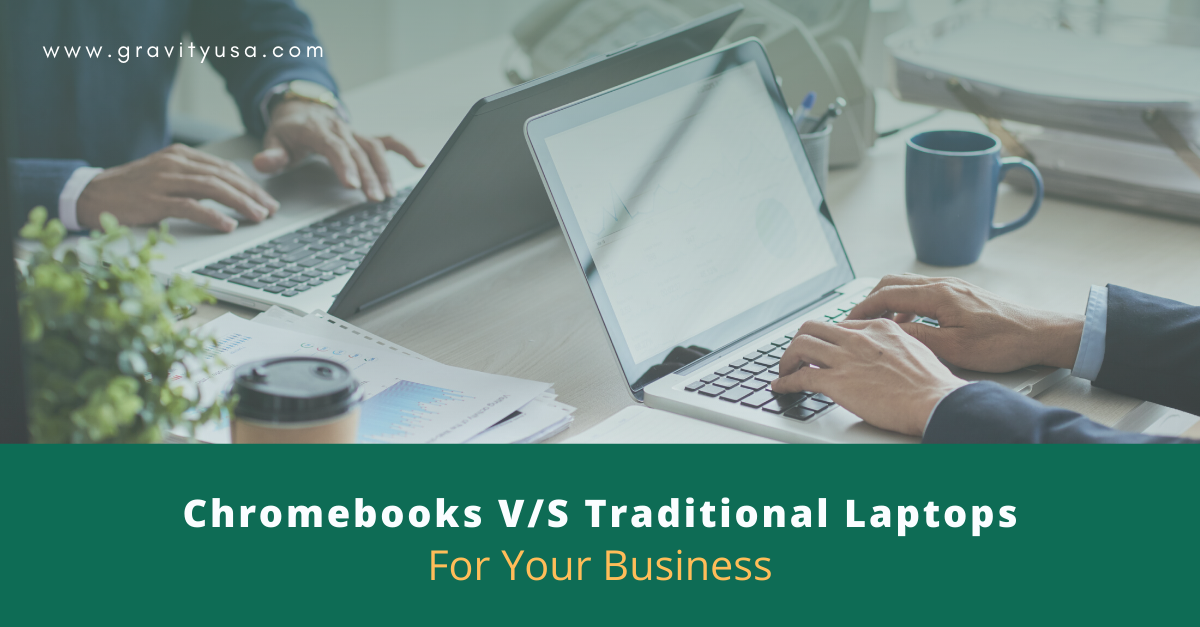Chromebooks seem to be all the rage these days. Perhaps you’ve even wondered whether your business could benefit from purchasing these sleek, affordable devices instead of traditional laptops. Well, let’s look at the pros and cons of Chromebooks for business.
The pros:
Chromebooks will probably look pretty attractive to your accounting department. Because they can get away with incorporating relatively cheap, slow, low-capacity components, they just don’t cost as much as full-featured traditional laptops. Since the Chrome operating system receives frequent automated updates, it’s highly secure against malware -- and, to a lesser extent, careless users.
The cons:
While Chromebooks can perform many standard office tasks via cloud software programs, they have much less access to specialized programs -- meaning that many businesses can’t get their particular tasks accomplished. Their lack of under-the-hood power, memory, and storage space limits their offline speed, efficiency and usability (and few of them are designed to be upgradable). Google also imposes a 6.5-year support limit on Chromebooks, so if you can’t upgrade them and you can’t extend support for them, you have no choice but to throw them out and replace them.
How do the pros and cons stack up for these machines? Chromebooks can make good sense for segments with specific needs -- for instance, schools that need large inventories of cheap, secure devices for students. A business that can actually do 100 percent of its desktop work on the cloud might also find Chromebooks usable. Otherwise, your business will be better off sticking with traditional laptops. You’ll get more upgradability, greater longevity, more power, more speed and more storage space, all of which adds up to a more sensible long-term investment.
Need more help choosing the right portable computers for your needs? Contact our Austin IT tech support experts at Gravity Systems!

_NO_BCS_bigger_weird_green_clear.png?width=100&name=for-website_large(save-at-500-tall)_NO_BCS_bigger_weird_green_clear.png)


